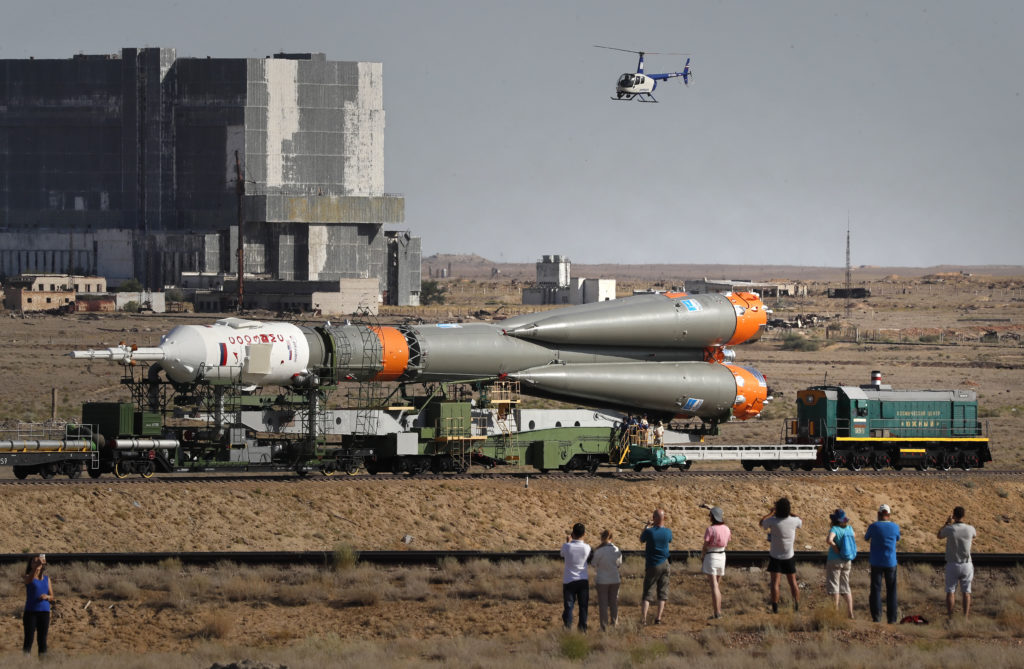NUR-SULTAN
Kazakhstan has extended a lease of its Baikonur cosmodrome to Russia until 2050 under previous terms, Bagdat Musin, Kazakhstan’s Digital Development and Aerospace Industry minister, said after the country’s parliament approved the deal.
Kazakhstan and Russia agreed to extend the lease until 2050 back in November 2018. The Central Asian country’s parliament had been drafting a legislative base for the agreement for around two years.
The first agreement on the lease of the cosmodrome was concluded between Kazakhstan and Russia on December 10, 1994 for 20 years, with the possibility of extending the term for 10 years. In addition to the lease agreement, about 70 more international agreements have been signed, regulating various issues of the complex’s functioning.
Russia pays Kazakhstan $115 million for the lease every year and had already paid the country over $3 billion in the last 27 years.
The Baikonur cosmodrome was launched in 1957. On October 4, 1957, for the first time an artificial object, Sputnik, was placed in orbit around the Earth. A few months later it became known that this satellite was launched from a remote steppe in southern Kazakhstan.
The territory of the first and largest cosmodrome in the world is 6,717 square kilometers.
The Vostok-1 rocket with Yuri Gagarin, the first man to leave Earth, was launched from Baikonur on April 12, 1961.
Baikonur is not only Russia’s main space port but, for now, the only launchpad in the world sending manned flights into space. Since NASA retired the space shuttle in 2011, Russia’s Soyuz rockets — launched from Baikonur — are the only option for astronauts headed to the International Space Station.
The Baikonur city is a closed territory and outsiders, including Kazakhs, need permission to enter. Russian law applies and the checkpoints at the roads into the city are guarded by Russian police.

